PROTECTING THOSE IN OUR CARE

Safety and Quality Report 2021

Championing

and adults in
settings is a fundamental human right and the very foundation of



Championing

and adults in
settings is a fundamental human right and the very foundation of
Thank God for Devereux, a place where the kids feel at home - they help us parents stay calm, knowing our children are, and feel, good. Thank you all very much.”
— Devereux Pennsylvania Parent, 2021

Devereux Advanced Behavioral Health is one of the largest and most advanced nonprofit behavioral healthcare providers in the United States. We are privileged to serve and support more than 25,000 children and adults across the country every year.

The responsibility that entails – ensuring the safety of our individuals, the quality of our programs, the peace of mind of our Devereux families – is a sacred trust, and living up to that responsibility is always our chief focus.
Devereux was founded in 1912 by a pioneer in the fields of special education and residential care, Helena T. Devereux. More than a century later, Devereux is now a national, nonprofit partner for individuals, families, schools and communities, serving many of the most vulnerable members of our society living with autism, intellectual and developmental disabilities (I/DD) and specialty mental health, education and foster care needs. Informed by the latest advancements from the scientific and medical research communities, we combine evidence-based treatments and interventions with compassionate care, and a unique focus on supported family engagement to help change lives. Our programs are offered in hospital, residential, community- and school-based, and in-home settings.
• Comprehensive mental health and I/DD assessments and diagnoses
• Evidence-based treatment, supports and services, and special education programming
• Transition to adulthood and independent living services
• Family support and education
• Training and continuing education for behavioral health and special education professionals
• Resilience assessments and social and emotional learning supports for the general public
• Translational research initiatives and publications to advance the field
• Advocacy, public awareness and prevention campaigns
All revenues beyond expenses are reinvested in our mission to continuously strengthen our programs, services and impact.
Despite industry-wide progress and enhancements, the issue of safety remains a critical and complex challenge for all care providers. There are no easy answers, but with laser focus on the issue, supported by broad industry collaboration, systems can and must continuously improve. We have dedicated ourselves to developing, implementing and closely overseeing meaningful safety and quality solutions, so everyone receiving care at Devereux feels safe, protected and loved – and so their families can enjoy genuine peace of mind.
To ensure the highest levels of oversight and accountability across all Devereux centers spanning our 13 states of operation, our leadership initiated a comprehensive organizational redesign in 2018. The initiative evolved Devereux from a historically decentralized operating model to an integrated and aligned structure embedding granular oversight to help further ensure safety and quality.
Formation of leadership Risk Management Committee
Comprehensive operational restructure, from decentralized to an aligned model
Established independent board to provide peer support, and insights to improve safety
Enhanced staffing structures and supervision protocols for all direct care staff
Leading industry initiative to establish quality safety and security standards through research and collaboration
Multi-million-dollar investments in safetydirected facility upgrades & video technology
Significantly expanded and enhanced incident reporting protocols and channels
Increased starting pay above market rates to boost recruitment and retention levels
Revamped safety and awareness training for Devereux staff
Comprehensive and independent reviews of all safety practices and protocols
Launched national search to secure industry leader to serve as Chief Risk Officer
•

Over the last 18 months, more than 700 reviewers and system partners, including state and county regulatory authorities and service funders, as well as external surveyors, have conducted announced and unannounced visits to our Pennsylvania campuses.


These exhaustive reviews included a broad review of our client-safety policies, procedures, hiring standards, risk management protocols and physical plants.
INDEPENDENT REGULATORY AND PAYER FINDINGS / OUTCOMES INVOLVING PENNSYLVANIA CAMPUSES
•
•

Our historic and ongoing commitment to safety is born of a deep understanding of the significant psychological, cognitive, emotional and behavioral challenges many of the individuals in our care must manage every day. Unlike conventional hospitals and health systems, those in our care live with a host of complex, multi-layered differences and challenges requiring a broad array of extremely customized care options – ranging from state-of-the-art clinical treatments to tried and true therapeutic modalities, to ongoing special education and living and working supports.
These complex needs present very differently for each individual in our care. For many of the adults with autism we serve, a compassionate set of basic living and working supports can help them live engaged, happy and fulfilled lives. For others, such as adolescents and teenagers with acute emotional and behavioral needs, far more complex and intensive treatments are required to ensure safety and well-being related to skill deficits in impulse control, emotion regulation and the ability to engage in age-appropriate developmental activities.
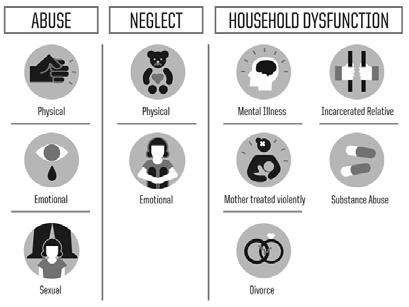
In most cases, these intense needs relate directly to serious trauma these individuals have experienced at home or in the community. Serious and repeated trauma left unaddressed can lead to significant and life-long consequences.
The traumas these children have suffered, through absolutely no fault of their own, can profoundly impact the way their brains function and the way they see themselves – and the world around them. Individuals often come to us with chronic feelings of emptiness, fear, abandonment, hopelessness and impulsivity – all of which can lead to extremely selfdestructive behaviors.
Studies have shown that the higher a person’s ACE score (Adverse Childhood Experiences), the higher the risks of long-term health and social problems.


In fiscal year 2020-21, 43 percent of individuals entering our care presented with disruptive mood dysregulation disorder (DMDD), while 32 percent presented with a major or other depressive disorder (MDD).
With an ACE score of 4 or higher, the long-term physical and psychological impacts escalate significantly.
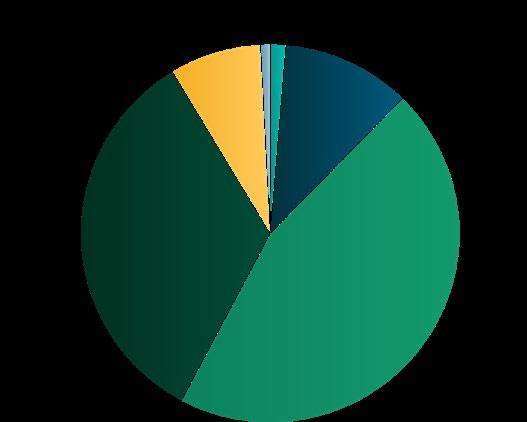
THE AVERAGE CHILD ENTERS OUR CARE WITH AN ACE SCORE OF
•
•
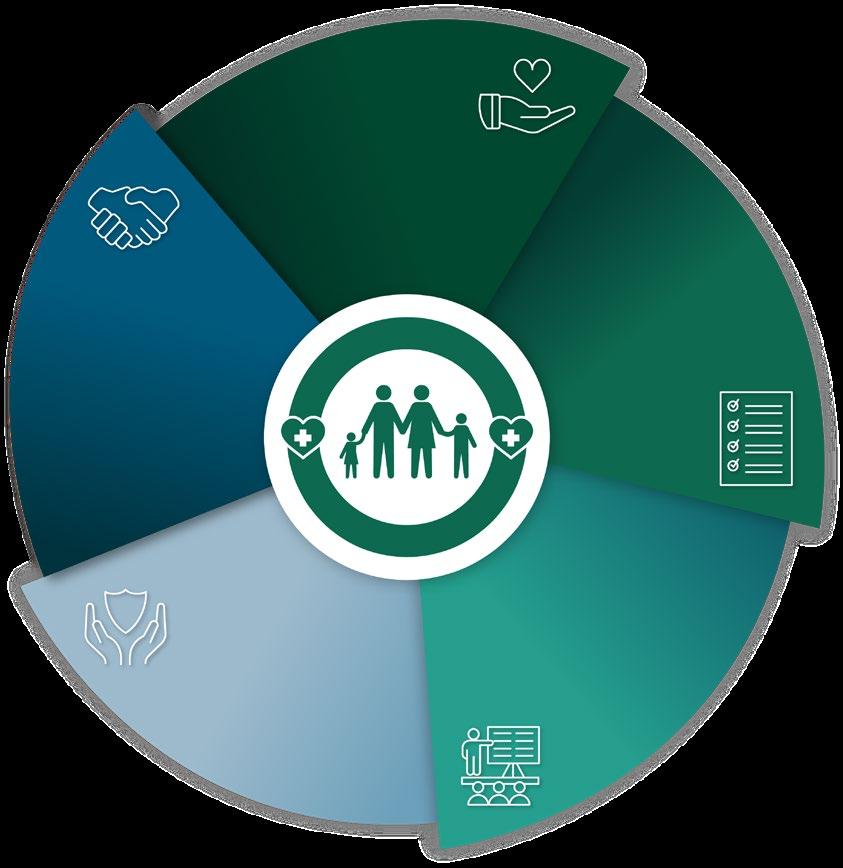

•
•
•
Grounded in our founding principles of compassion, care and Servant Leadership, our culture helps ensure a continual commitment to safety and quality for all of those in our care.
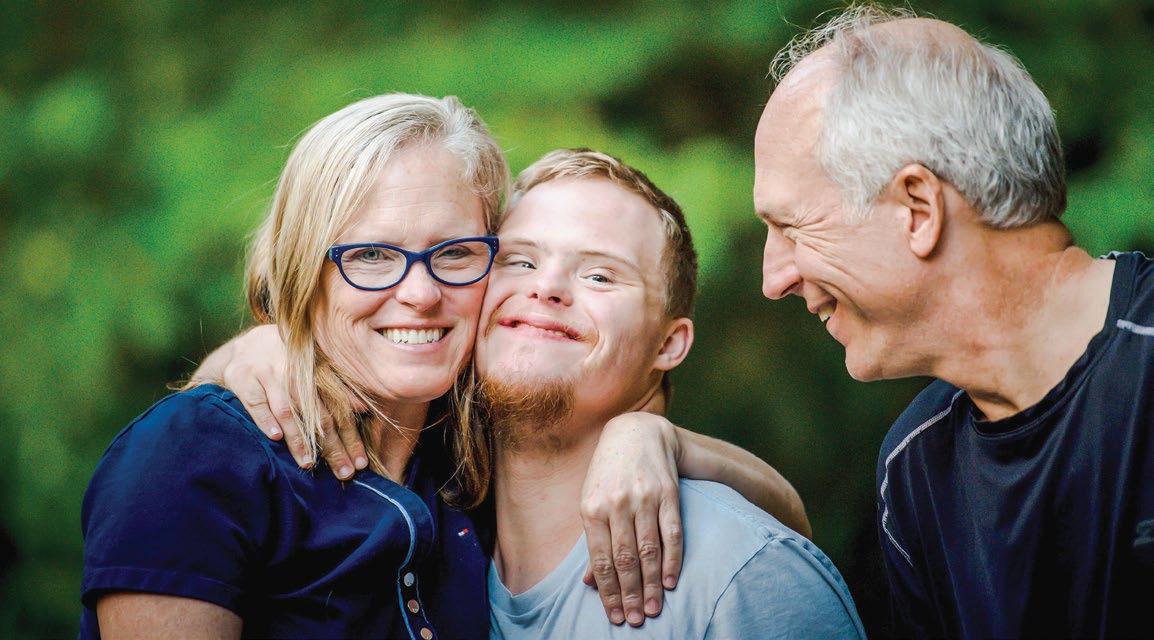
By taking a holistic, system-based approach, we have made sweeping enhancements to all dimensions of our operations to achieve the highest standards of safety, quality and accountability.

Over the last 20 years, we have supported our model of care with comprehensive recruiting, hiring, training and staffing protocols that help our thousands of dedicated team members best support the individuals we serve every day.
As an industry leader, we have made significant investments to enhance our technology, programs and facilities to improve the safety of our physical spaces and mitigate risk across the full spectrum of our care.

Working in close partnership with a national network of families, educators, policymakers, regulatory agencies and law enforcement groups who share our commitment to creating an even safer environment for all.

The World Health Organization defines patient safety as “a framework of organized activities that creates cultures, processes, procedures, behaviors, technologies and environments in health care that consistently and sustainably lower risks and reduce the occurrence and impact of avoidable harm.”
We recognize that ensuring meaningful, continuous quality and safety improvements in the behavioral healthcare field requires dedicated focus and commitment, as well as significant investments of time and capital resources. By taking a holistic, system-based approach to safety and quality, we have made, and will continue to make, sweeping and significant enhancements to all dimensions of our operations, culture, systems and standards.
Our commitments to safety and quality span the entire care continuum and are focused on five critical areas: 1. Culture of Caring 2. Robust Policies and Procedures 3. Enhanced Staffing, Training and Supervision 4. Best-In-Class Safety Systems and Technologies 5. Industry Collaboration and Accreditation
Our focused, holistic model ensures the consistent progress all responsible healthcare providers must make on an ongoing basis: enhanced visibility on the ground, in care settings, where it matters most; ever-stronger controls and oversight of safety, quality and risk management; faster cycles of decision-making; and complete accountability at every level.

— Former Devereux Residential Individual, 2020


If Devereux never stepped in, I’d be dead, in jail or on the streets. Devereux saved me.”
I love that I have the privilege of working for an organization whose culture supports fellow-minded people who inspire each other to work better.”
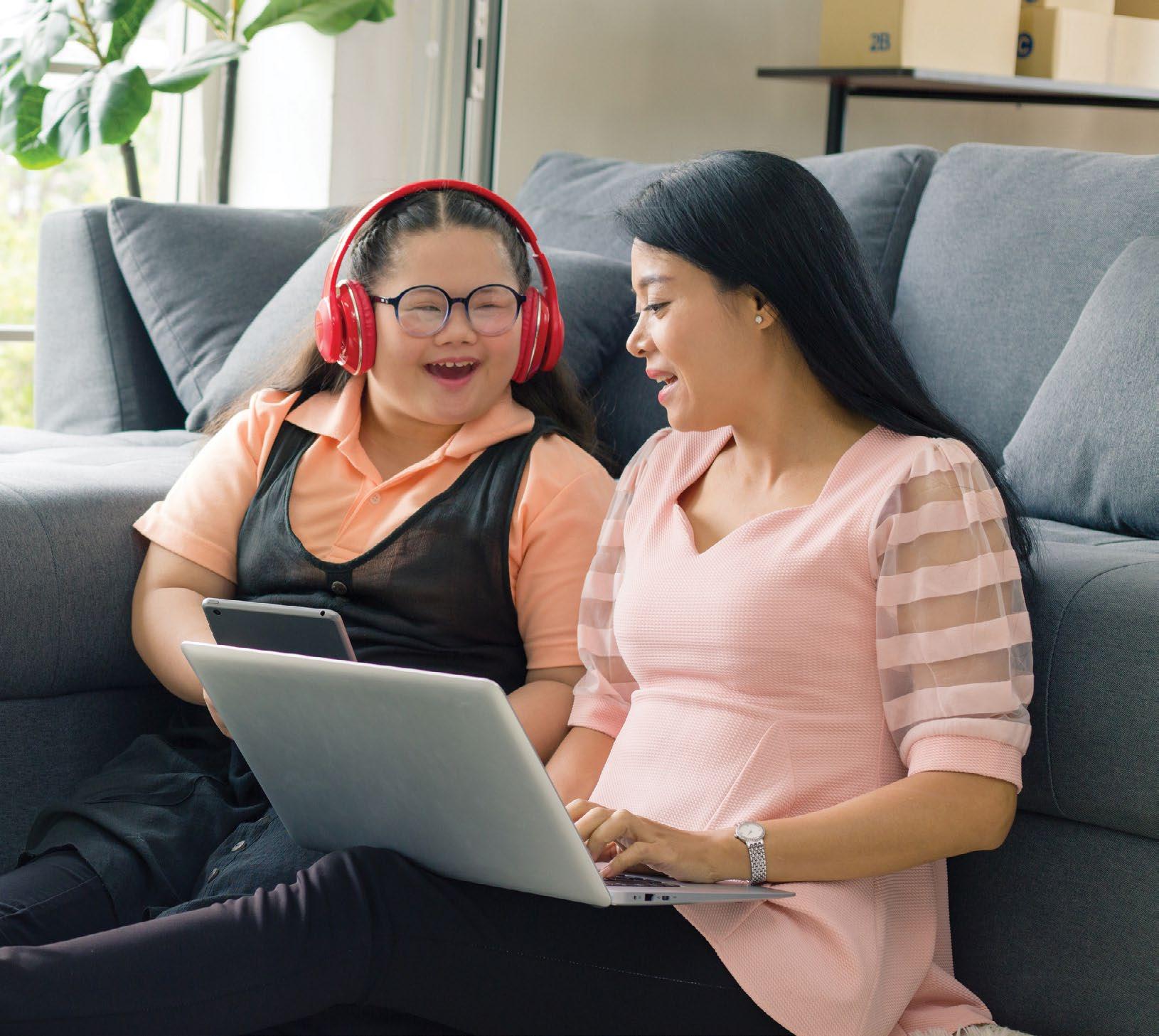
— Devereux Direct Care Team Member, 2021

Servant Leadership is recognized in the healthcare industry as an effective cultural model that decentralizes and enhances care accountability.
Since our implementation of Servant Leadership principles, we have experienced an 8 percent reduction in employee turnover and an acceleration of safety programs and progress.
COMPASSION:
We have a deep and abiding understanding of, and respect for, our individuals and their families.
KNOWLEDGE:
We rely on data and evidence to inform our care. Our work requires a marriage of science and art.
COLLABORATION:
We require an integrated team approach based on respect, shared goals and altruism.
We maintain relentless optimism and perseverance to support the lifelong journey of those we serve.
We pursue continuous personal improvement, professional development and expanding impact.
We are Always en Route, continually incorporating new innovations to advance our services, our industry and the lives of those we serve.
Supporting our culture of compassion is an organization-wide commitment to Servant Leadership – a philosophy, set of values and practices that builds better organizations and creates a more just and caring world. Servant Leadership is recognized in the healthcare industry as an effective cultural model that decentralizes and enhances care accountability. Adopted by many hospitals and health systems, it is proven to forge a more patient-centric mindset, improve employee and direct care staff personal development and growth, and lead to a more compassionate environment of mutual respect and personal accountability.
We are delighted to see and experience the impact of Servant Leadership on safety and quality. A recent study of Devereux centers shows through data points that our centers that are the most progressed in adopting Servant Leadership practices have the highest number of positive discharges of individuals This positive cultural momentum is thrilling to see in action and helps us chart tactical Servant Leadership adoption plans for our other centers.
Since our implementation of Servant Leadership principles, we have experienced an 8 percent reduction in employee turnover, demonstrating the positive cultural shifts produced and supporting a key employee data point, which correlates directly to greater markers of safety and quality.
This study was spearheaded by one of Devereux’s doctoral interns, whose research was accepted for a poster presentation at the American Psychological Association’s conference in Chicago in August 2019.
Our programs, practice settings and systems of care must match the same high levels of quality and compassion of those we would choose for our own family members.

To change lives – by unlocking and nurturing human potential for people living with emotional, behavioral, or cognitive differences.
For more than a century, Devereux has held a core belief that each individual served should be treated with the utmost care and respect. Grounded in compassion, our approach provides sensitive and flexible care that takes into account the developmental, psychological, emotional, and social needs of children, adolescents, and their families.

We formalized this commitment by establishing a standardized set of principles and practices that is now a model for the industry.
Deliver on the promise of its Family Standard
• Be treated with dignity, respect, appreciation, and empathy
• Receive services in treatment settings that foster positive family relationships
• Receive appropriate levels of care according to the needs of their loved one
• Receive timely and appropriate medical care and follow-up
• Receive person-centered and strengthbased care individualized to their loved one’s needs
• Receive equitable care – race, ethnicity, national origin, religion, ability, gender, gender identity, sexual orientation, and age will not impact quality of care
• Have their confidentiality and privacy protected
• Have questions and grievances taken seriously, and addressed in a safe and timely manner
Actively engage in their loved one’s care and treatment
• Be recognized and valued for their expertise regarding their loved one
• Incorporate their own family values, culture, and preferences into the treatment model
• Participate meaningfully in treatment and planning team meetings, evaluations, and feedback sessions
• Receive resources, trainings, supports, and continuing education regarding their loved one’s diagnoses and conditions
• Be actively involved in the discharge planning process
Communicate openly and in the way that best meets the unique needs of them and their loved one
• Be heard and supported regarding their views, opinions, and concerns
• Have ongoing and frequent communication with their family member in care, as well as their loved one’s staff and treatment team
• Receive comprehensive information about diagnoses, medications, individualized treatment options and plans, available programs, activities and experiences, progress, and expected outcomes
• Request an interpreter to facilitate full communication and understanding in the family’s preferred language
At Devereux, we recognize that family is the first and foremost expert on their child, sibling, or loved one. To formalize and expand the roles families play, we established the Devereux Family Advisory Board. This all-volunteer board is made up of current and past family members of individuals in our care, foster parents and siblings and other family connected members.
The board facilitates improved communication between Devereux and the families we serve and plays an important role in providing peer-to-peer, family-tofamily support and counseling.
The Culture of Caring Award, now in its 17th year, is presented to a direct support professional at each center who goes above and beyond, daily, to help the individuals we serve reach their full potential.
These employees improve organizational excellence by putting our Servant Leadership principles into action by being Compassionate Collaborators and Persons of Character, and by Putting Others First and Leading with Moral Authority.
Each award recipient receives a letter from our president and CEO, a $500 check, and recognition from their center executive director and staff.
Our national Board of Trustees is required to ensure the board be comprised of a minimum of five family members. In 2021, a total of seven national Trustees – or 50% of our Board – were also family Devereux members.

I can’t say it enough – you all form the MOST amazing team, and we are incredibly thankful for all of the ways you have loved my son these past 14 years.
He is a fundamentally different person because of you. I hope you take deep joy and satisfaction, knowing each one of you has played a real role in who he has become today.”
Devereux Pennsylvania Parent, 2021

As one of the country’s largest behavioral healthcare organizations, we are committed to advancing our industry by identifying, analyzing and modeling best practices in quality and safety.
Over the last century, Devereux has worked in close partnership with families, educators, policymakers, regulatory agencies and law enforcement groups to enhance and expand industryleading policies and protocols. Our goal is to create an even safer environment for the children, adolescents and adults entrusted to our care, and to provide a road map for the rest of the industry to follow.


A key anchor of our restructuring was the reorganization of the Devereux Risk Management Committee – which now comprises an interdisciplinary team of senior leaders, experts, academics and practitioners with a targeted focus on the most critical metrics to ensure individual safety and success. Through a datadriven approach with formal project management supports, the committee recently:
• Established a dedicated interdisciplinary Risk Management Committee
• Consistent focus on MREs, specifically allegations of abuse /neglect
• Established a new leadership role: chief safety and risk officer
• Enhanced incident reporting for individuals and care teams
• Enhanced incident investigation protocols
• Enhanced employment screening tools and protocols
• Enhanced reviews and evaluations for direct support professionals
Thank you for all your support you gave Samantha. Thank you for watching out for our baby during the hardest decision we’ve ever had to make.”
Devereux Parent, 2021
In addition, we have instituted expanded methods for our individuals, families and staff to raise questions or concerns, and submit reports about any matter, anywhere across the organization.

• Therapeutic disclosures
• Family member disclosures
• Anonymous disclosures
• New web link for family grievances
• Remote quality improvement oversight
• Observational visits
• Unannounced / overnight visits
A focus area of Devereux’s National Quality Improvement (NQI) team is to ensure that data collected is accurate, visible, consumable and actionable. The system was modified to automatically trigger Major Risk Events (MREs), elevating incident data to leadership. Note: Our NQI team reviews every MRE within 24 hours.
When trends or spikes in data are identified, focused improvement / turnaround projects are initiated at the center using agile project management in partnership with operations and clinical staff. Specific project focus areas include elopements, choking events, suicidal behaviors and personal emergency interventions.
To further enhance the transparency of our incident data and reporting, we launched an innovative dashboard that provides a clear and comprehensive view of incidents. High-value data from the organization’s internal systems and, increasingly, from external sources, is structured in a configuration that joins information from various sources and functional domains. All direct care managers can see and act on a variety of important data in real time. Devereux’s RADAR dashboard (incident reporting) can be filtered to display only those events where a personal emergency intervention
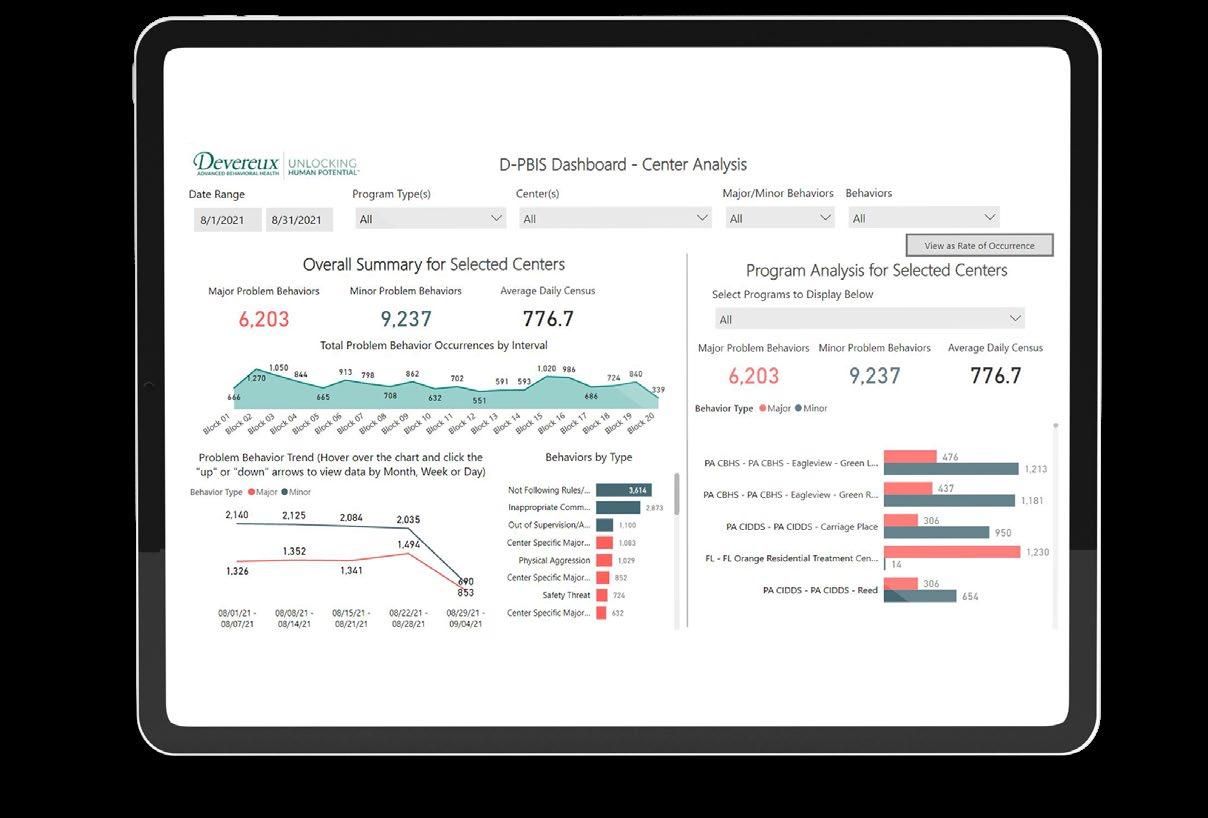
(PEI) was employed, to supply information on the utilization and effectiveness of prevention strategies or injury statistics.
This includes: data by state, center, incident, time periods and program area. It also shows trending information to help us identify and address any red flags in our operations ahead of time.
• State
• Center
• Incident
• Time periods
• Program area
Throughout the hiring process, every effort is made to gain a complete picture of each applicant and his or her ability to do what we consider to be the most important work in the world.”

— Devereux People Operations Leader, 2021

At the heart of providing safe, secure and quality care is a dedicated and talented team of compassionate direct care staff. It takes a special kind of professional to do this heartwrenching, heroic work. Many of the individuals we serve have complex treatment needs or trauma-induced behaviors. They come to us with a history of hurting themselves or others; running away from home or other care settings – in ways their own families cannot manage alone.
We can develop the most sophisticated and safest systems of care, but it comes down to our high-quality employees and their decisions that make the ultimate difference.
Over the last 20 years, Devereux has employed more than 61,000 staff members – all of whom live and breathe our mission. To that end, we have developed comprehensive recruiting, hiring, training and staffing protocols that help our team members best support the individuals we serve every day.
All potential employees undergo a robust and comprehensive screening process that meets and exceeds background checks required by law. This thorough employment screening process includes:
• Criminal history check
• FBI and motor vehicle records check
• Child abuse clearance check
• Medicaid Sanctions Screening (OIG, SAM, State Exclusions)
• Fraud and Abuse Control Information Systems (FACIS)
• E-Verify clearance
• Pre-employment physical and drug screening test
• Three Reference Checks
Potential employees must provide three references that are checked and thoroughly vetted for potential inaccuracies in experience and qualifications, as well as for potential fit with Devereux culture and values.
To continue to elevate and enhance the ways in which we qualify, select, screen and hire our direct care teams, all direct support professionals undergo 50 hours of safety training upon hiring and 40 hours per year thereafter on the topics of abuse and neglect, as well as appropriate boundaries and interactions with individuals in care.
All direct care staff undergo a comprehensive evaluation after 90 days of employment, and again after 12 months of employment to ascertain job performance and competency.
Devereux maintains robust staffing ratios, generally far exceeding those required by regulation. For example, in our short-term intensive children’s therapeutic residential programs, two staff members are dedicated to caring for each child during waking hours.
Our residential classrooms are staffed, at a minimum, by both a special education teacher and a specialized teacher’s aide. Ample, high-quality, compassionate staff are central to providing excellent care – a central focus for Devereux.
In early 2020, our National Risk Management Committee led an initiative to research, identify and implement an applicant screening tool that provides another layer of safety and quality. We adopted the “Diana Screen®,” which was first validated for use in 2019, as a tool to evaluate applicants’ ability and capacity to recognize sexual boundaries between adults and children. Candidates who do not pass the Diana Screen are not offered employment.
Devereux has developed a new model of employee learning and professional development to enhance the quality of treatment and safety for the individuals and families we serve. Essential Skills for Behavioral Health Professionals is a skillbased learning program for Devereux’s behavioral health professionals, including direct support professionals, teachers, clinicians, nurses and their supervisors. The Essential Skills are focused on teaching positive behaviors, preventing and responding to challenging behaviors.

Sourcing, attracting, evaluating, hiring, training and retaining the best professionals in the industry is the single greatest thing we can do to maintain and improve the quality of our programs and services. This is also one of the industry’s greatest challenges.
In a 2018 survey regarding direct support professionals (DSPs) in Pennsylvania, it was determined that there was an annual turnover rate in excess of 38 percent and an open position rate of about 20 percent.
The impact of these figures, combined with other routine employee absences, creates a situation whereby, for any given shift, one out of three employees may be missing.
Through tremendous effort as an organizational focus, Devereux’s turnover rate has decreased 10 percent over the past two years. At 30.5 percent, Devereux’s turnover rate is significantly below the industry average of 38 percent to 45 percent.
Our vacancy rate is a measure that determines the percentage of positions that are open (vacant) against the total number of positions. This measure showed more than 50 percent improvement over the past two years. Our vacancy rate currently stands at 7.6 percent, three to four times lower than commonly reported average vacancy rates in the human services field of 20 percent to 30 percent.
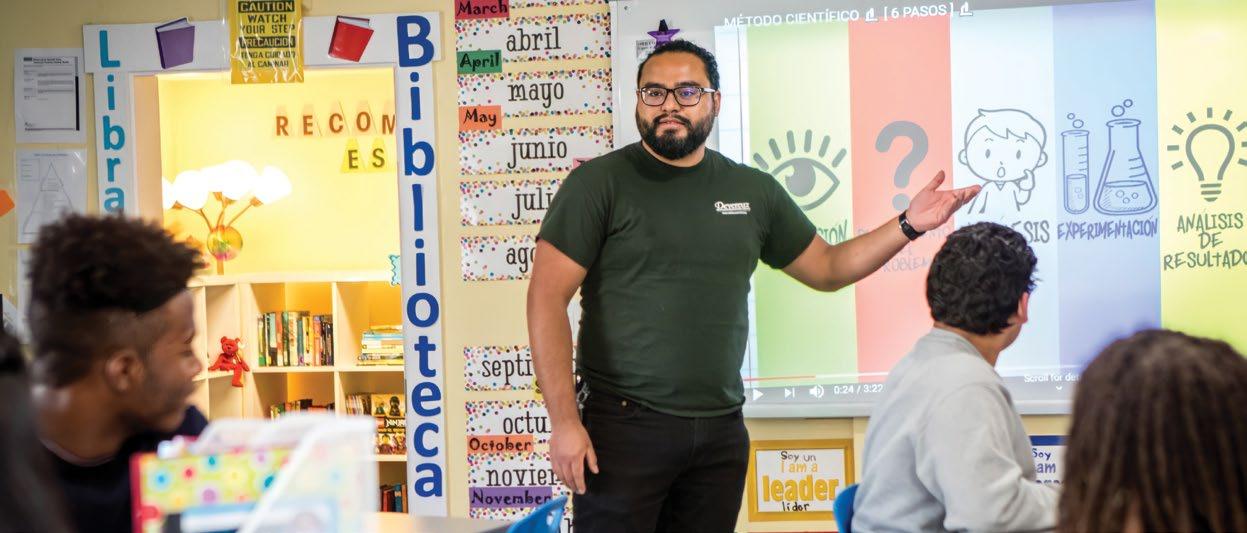
Devereux is committed to championing superior hiring and employment practices in the behavioral healthcare industry. For the last decade, our compensation structures and recruitment programs have attracted the best talent and maintained the highest retention levels.
A quick note that our son has been doing well since he got home. He misses you, the nurses, the staff and the teachers very much. He has been constantly telling me how grateful he feels about all the love, care and support he received from you and the Devereux team. Without that, he could not have improved so much and could not have graduated from high school this summer. We just can’t thank you more for all the great support from you and the team! He has only been home for four days, but he already asked when he could go back to visit Devereux.”
— Devereux Parent, 2021
• Quality care
• Regulations and quality
• Abuse and neglect
• Corporate compliance
• CPR and first aid
• Culture diversity
• Documentation
• Driver safety
• Fire safety
• Food safety and dietary precautions
• LGBTQ rights
• Positive care approaches
• Rights of individuals in care
• Safe and appropriate interactions
• Safe physical management of individuals
• Sexual harassment
• Supervision
• The family perspective
• Trauma-informed care
• Workplace safety
While there are many factors that go into whether an applicant considers a position with a new employer, none is more influential than pay at the direct care level. Unfortunately, the current human services system does not support pay for direct support professionals (DSPs) at levels on par with medical care staff. The vast majority of DSPs need to supplement their base pay with a significant amount of overtime and/or a second or third job to support their families.
DSP work is extremely rewarding, but it also can be difficult and stressful at times. We deeply understand the value of DSPs for those in our care and believe a fair wage for DSPs is $20 per hour. While the system does not support levels of pay in that range, we have made a commitment to do everything possible to push wages higher for our valuable DSPs. In the short-term (fiscal year 2021), we have made the commitment to move our starting DSP pay at least $1 per hour above the market midpoint. Longer-term, our goal is to be at $2 per hour above the market.
Over the past two years, we have seen retention rates increase, while turnover and vacancy rates have decreased.
Rolling retention – Defined by the number of employees who are still employed that were employed on the same date one year ago:
In the past two years, we have made significant strides in DSP pay. At the start of 2018, our average DSP pay was $12.50 per hour. Today, it is $17.17 per hour. Annually, this is greater than $4,900 per employee, and an increase of nearly 20 percent in just a two-year period.
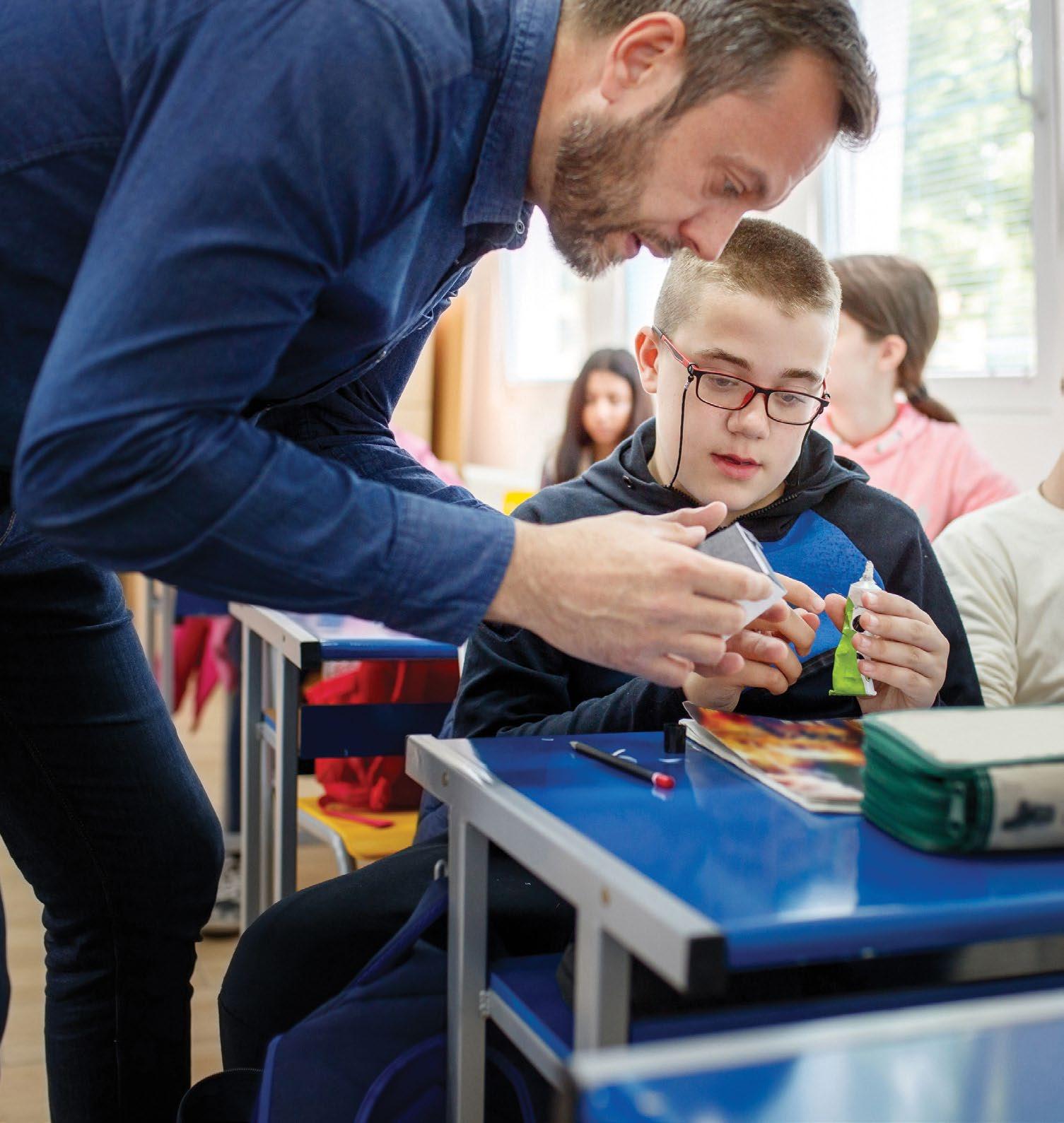
Annual turnover – Defined by the percentage of employees who termed employment within the year:



Vacancy rate – Defined by the percentage of vacant staff positions against the total number of positions available:
*(Began tracking vacancy rate in 2019)
Our investment in higher wages across 4,000 DSPs translates to a $20 million annual investment in our people.
I think Devereux has changed our life in that they’ve taken our son in and given him a safe place to live and given him the therapy he needs to come home again.”
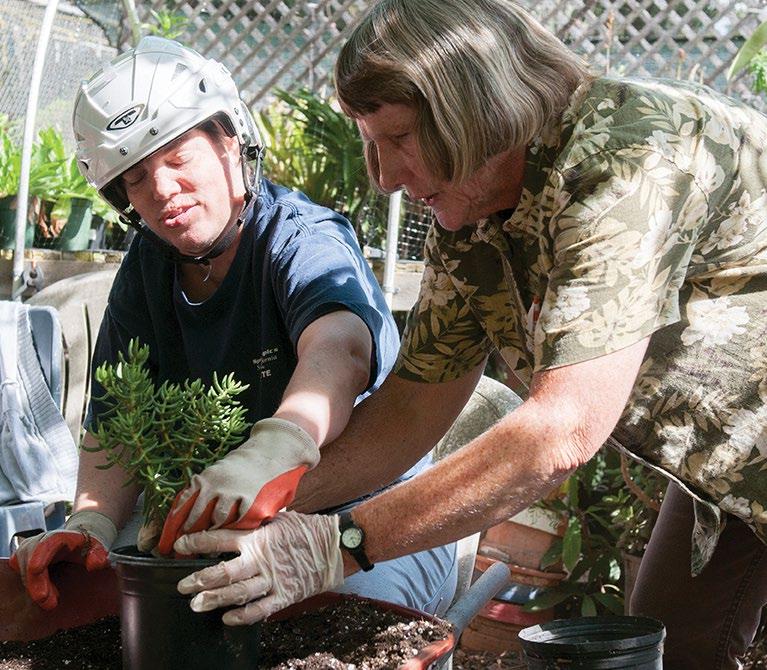
– Devereux Parent, 2021

Over the past several years, Devereux has invested in significant upgrades and enhancements to our video and monitoring safety systems. These upgrades have included an increase in the number of locations being monitored on our campuses, as well as a robust and industry-leading procedure for reviewing and evaluating video footage, including both random live checks and detailed analysis and investigation if / when incidents are reported.
Over the past three years, we have invested more than $50 million in safety-directed facility improvements and video technologies.
Enhanced video management features include:
• 5,000+ state-of-the-art video cameras across all centers
• Enhanced visibility (e.g., zooming features and compression technologies)
• Centralized and secure video management

• Granular permission sets to manage access rights
• Archival methods to store video outside of live feed process
• Enhanced backup procedures
• Export capability from the video archive for review by authorized and approved entities
• Minimum recording speed of 15 feet per second (fps)
Since 2018, we have added 600 cameras to our centers for a total of 2,000 active cameras. In the coming year, we will be adding nearly 3,000 cameras.
The additional cameras facilitate the review of video, whether remotely or in real time, by center and national staff with improved search functionality. Videos permit real-time monitoring of care, assist supervisors in understanding the cause and scope of incidents, and are useful in developing remedial and, as necessary, corrective actions.
• Enhanced low light recording
These security protocols are a proactive safety measure used in common spaces to provide an additional layer of supervision and accountability for our individuals and staff. They are not required by law or license, and our centers receive no direct funding for these additional safety measures.
We believe this same commitment to safety and security should be made by all nonprofit behavioral healthcare providers across the country. We will continue to advocate for broader use of video across the industry to protect our individuals and report instances of harm more effectively.
An additional area of focus is the method used to track the monitoring of our individuals during overnight shifts. To address the challenges of timely reporting and oversight, Devereux is piloting two new technology solutions. One option utilizes radio frequency identification (RFID) and the second depends on Bluetooth.
Both systems identify those individuals assigned to each room and depend on proximity of the recording device (typically a tablet or smartphone) to the RFID or Bluetooth transmitter embedded in the room itself. When the recording device is in range, the recorder visualizes the individual assigned to that room or notes their absence. Both methods can send notices to managers when observations are not recorded within the expected interval. This technology has already been piloted at certain Devereux Pennsylvania locations with plans for expansion.
Devereux has strategically acquired and significantly improved real estate assets, all of which are employed in the direct delivery of services to the individuals in our care or in support of those services. To maintain our facilities, and to ensure they adequately support the needs of our individuals, ongoing reinvestment and maintenance is required.
If our son couldn’t be at Devereux, he wasn’t going anywhere! Let us tell you why. The Devereux team – local, regional and national – operates at a standard of excellence few others can rival. Devereux is progressive in its approach to preventative measures, and is forward-leading in areas of training, teaching and staff development, both personally and professionally.”

— Devereux Parent, 2021

Devereux works in close partnership with a national network of families, educators, policymakers, regulatory agencies and law enforcement officials to create an even safer environment for the children, adolescents and adults entrusted in our care, and to provide a road map for the rest of the industry to follow.
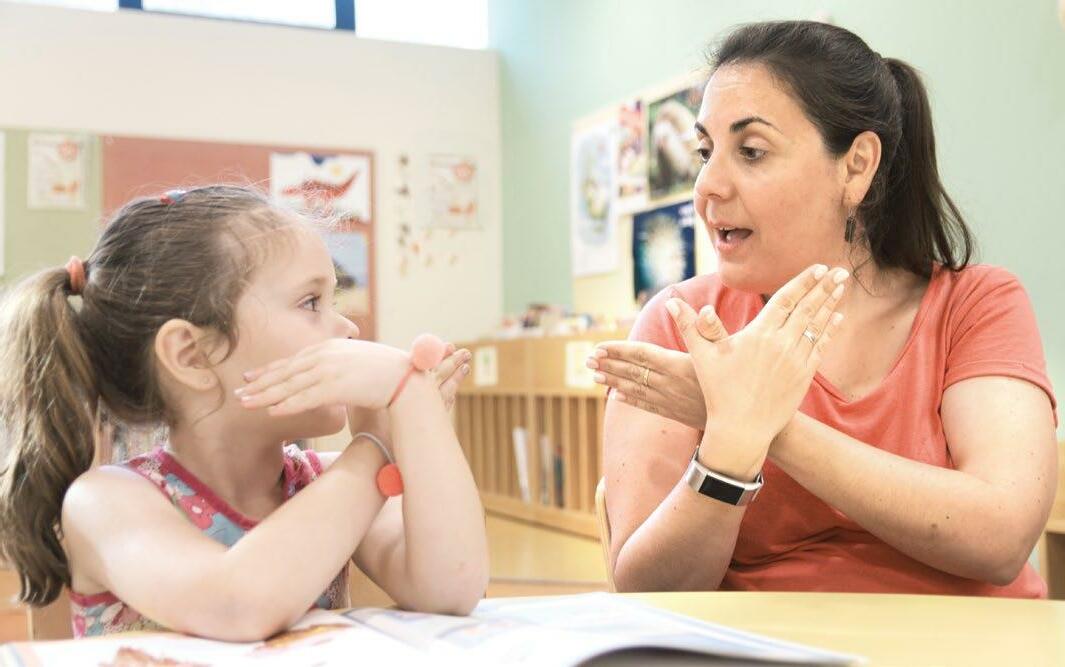
Many of our partnerships with industry leaders and organizations span decades of proactive collaboration. Over the years, our own staff have risen to significant leadership positions serving on boards, leading committees and managing initiatives, setting standards and mentoring the next generation of industry leadership. Our connections and collaborations with organizations throughout the industry are far reaching.
Leading national and industry organizations at the top of their field that share our commitment to the delivery of responsive, accountable and clinically effective prevention, treatment and care for individuals with mental health and substance abuse disorders.
Leading governmental and quasi-governmental licensing, funding and policymaking organizations at the federal and state level working side by side with us to ensure quality, inform
policy and advance the practice of behavioral healthcare and child welfare for the industry and our communities
Global, national and regional accrediting bodies that work with us to ensure we meet the highest standards of care through an ongoing and unbiased assessment of quality achievement in patient care and safety for all programs and services in all states.
Hundreds of leading private and public agencies in 30 states committed to advancing the practice of serving the nation’s most vulnerable children and families.
National, state and regional groups of committed families, coalitions and volunteers who work with our leadership and direct care teams to best advocate for the clinical, emotional and personal interests of children with intellectual and psychological challenges.
Dozens of leading academic institutions and programs whose clinical experts, scientists and thought leaders partner with our teams to advance evidence-based treatments and university-led initiatives and studies.
A collaborative network of state, local and regional enforcement agencies and entities that serve as our partners in developing enhanced standards for responding to mental health crises, issues, incidents and challenges with compassion, collaboration and consistency.
A decades long partnership with more than 60 public school districts nationwide to ensure the delivery of therapeutic support is made available to students and families in need of traumabased mental health support, family counseling and behavioral interventions and support.
Ongoing relationships with a number of industry-led behavioral health initiatives in four countries beyond the U.S. to advance the understanding and improvement of specialized behavioral healthcare treatment for children and adolescents.

Collaborative network of leading national and industry organizations at the top of their field that share our commitment to the delivery of responsive, accountable and clinically effective prevention, treatment and care for individuals with autism spectrum disorder.


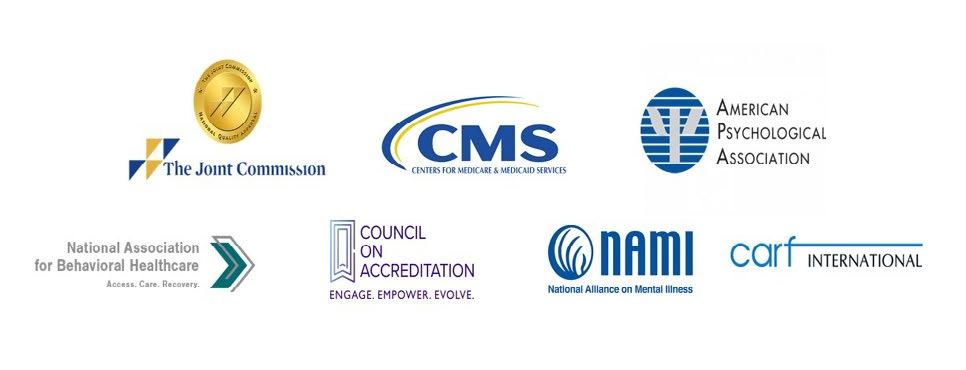

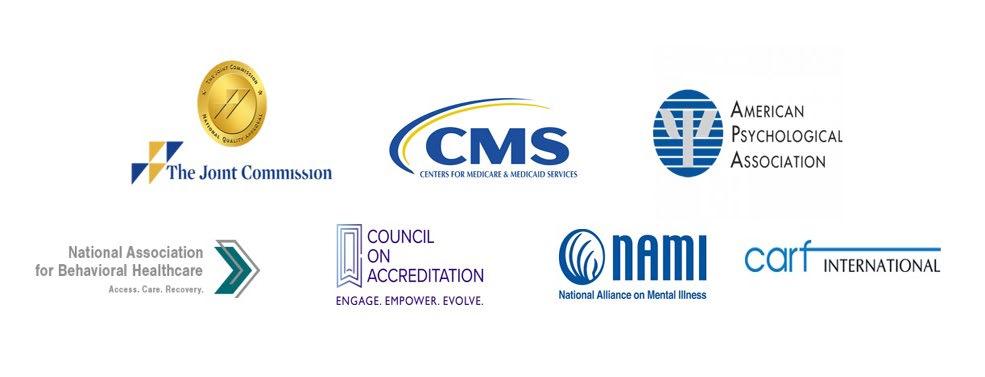


Rigorous and continuous reviews are a cornerstone of our safety and quality approach. We partner closely with a broad network of state and county regulatory authorities, licensing agencies, industry experts and consultants. These ongoing, unrestricted, thorough and exacting reviews of our programs and services ensure that we meet or exceed all safety policies and procedures for our individuals and families and serve as a model for the industry.
Beyond our own stringent standards, we meet or exceed hundreds of specific federal standards and state licensure benchmarks. These independent reviews cover our physical plants, operating practices and risk management protocols. Each is supported by interviews with the children and adults in our care, as well as their families, and our front-line staff. Information from these reviews is shared widely with our staff and industry partners to continue to improve and enhance the clinical and community impact of our important work.
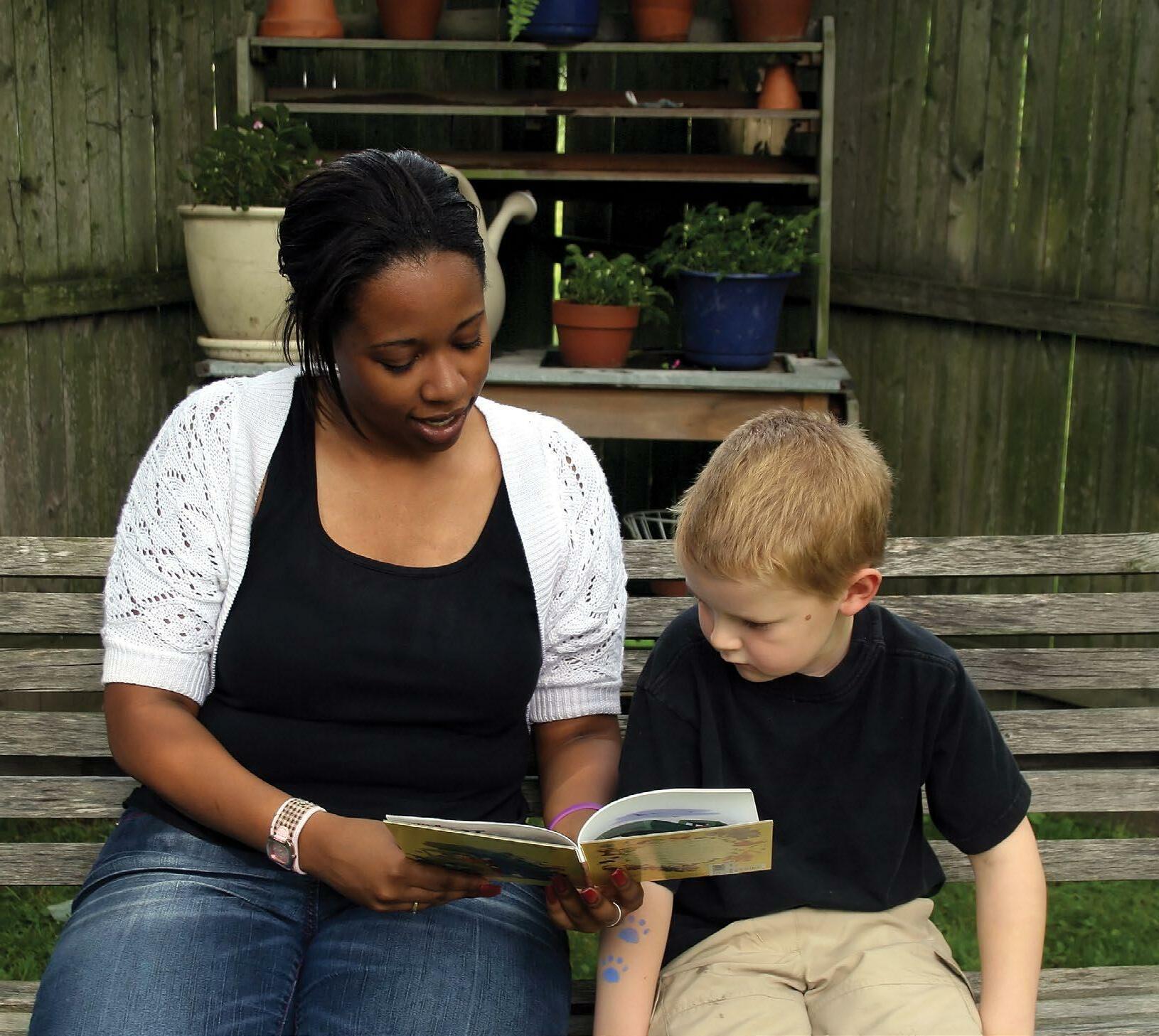
• There are 6.5 million people diagnosed with intellectual and developmental disabilities (I/DD) in the U.S.
• About one in six (17 percent of children between the ages of 3 to 17) was diagnosed with a developmental disability, as reported by parents, during a study period between 2009 to 2017. These disabilities included autism, attentiondeficit/hyperactivity disorder, blindness and cerebral palsy, among others.
• Currently, 80 percent of individuals with I/DD live with a caregiver.
• There are 473,000 people with I/DD on waiting lists across the U.S. and states have been slow to respond to the needs of the individuals waiting for placement in the community.
• Between 20 percent and 40 percent of individuals with I/DD also have a mental health diagnosis requiring additional behavioral health supports and services.
• About one in 44 children has autism spectrum disorder (ASD), according to estimates from the Centers for Disease Control and Prevention’s (CDC) Autism and Developmental Disabilities Monitoring (ADDM) Network. An estimated 40 percent of people with autism are nonverbal.
• ASD is reported to occur in all racial, ethnic and socioeconomic groups.
• 31 percent of children with ASD have an intellectual disability (intelligence quotient [IQ] <70) with significant challenges in daily function; 25 percent are in the borderline range (IQ 71–85).
• Nearly two-thirds of children with autism between the ages of 6 and 15 have been bullied.
• Nearly 28 percent of 8-year-olds with ASD have self-injurious behaviors. Head banging, arm biting and skin scratching are among the most common behaviors.
• Mothers of children with ASD, who tend to serve as the child’s case manager and advocate, are less likely to work outside the home.
• On average, medical expenditures for children and adolescents with ASD were 4.1 to 6.2 times greater than for those without autism.
Knowing my son is at a place where people care so much for his whole health makes a huge difference. I want all of Sara’s supervisors to know what a blessing she is, and what an incredible nurse and person she is.”— Devereux Massachusetts/ Rhode Island Parent, 2021
